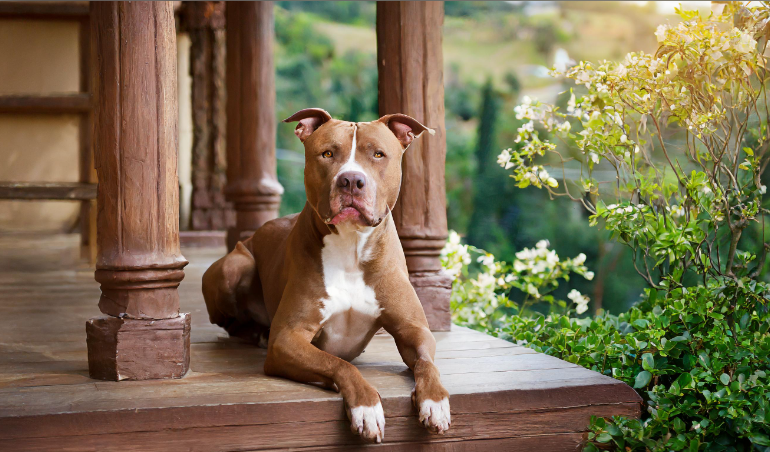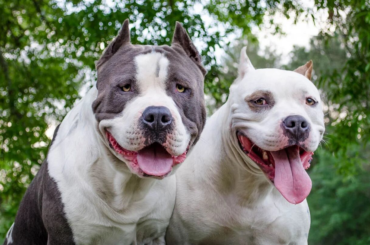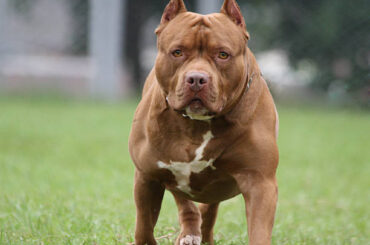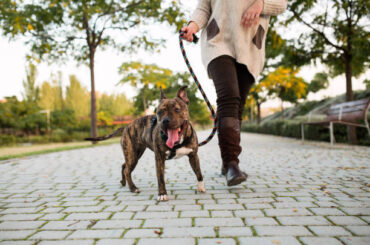Maintaining a healthy weight in your Pitbull is crucial for their overall well-being and longevity. Obesity can lead to various health issues, including joint problems and a decreased quality of life. Here are some tips to help your Pitbull achieve and maintain a healthy weight:
1. Balanced Diet:
- Feed your Pitbull a well-balanced diet that is appropriate for their age, activity level, and health status. Choose high-quality commercial dog food with a proper balance of proteins, fats, and carbohydrates.
2. Portion Control:
- Follow the recommended feeding guidelines on the dog food packaging. Adjust portion sizes based on your Pitbull’s individual needs, considering factors like age, activity level, and metabolism.
3. Limit Treats:
- Be mindful of treats and snacks. While treats can be a great training tool, excessive treats contribute to overall calorie intake. Use small, low-calorie treats, or consider using a portion of their regular food as treats during training.
4. Scheduled Meals:
- Establish a consistent feeding schedule with set meal times. Avoid leaving food out for your Pitbull to graze throughout the day. Scheduled meals help regulate their metabolism.
5. Regular Exercise:
- Provide regular exercise to help your Pitbull burn calories and maintain a healthy weight. Engage in activities such as daily walks, jogging, play sessions, and interactive games. Regular exercise is crucial for their physical and mental well-being.
6. Monitor Body Condition:
- Regularly assess your Pitbull’s body condition. You should be able to feel their ribs without excess fat covering, and they should have a visible waist when viewed from above. Consult with your veterinarian to determine the ideal body condition for your specific dog.
7. Weight Management Dog Food:
- Consider a weight management or reduced-calorie dog food if your Pitbull needs to lose weight. These formulations are designed to provide necessary nutrients while helping with weight control.
8. Hydration:
- Ensure your Pitbull has access to fresh, clean water at all times. Proper hydration is essential for overall health and can contribute to weight management.
9. Avoid Human Food:
- Avoid feeding your Pitbull human food, especially high-calorie and fatty items. Foods meant for humans can contribute to weight gain and may not meet their nutritional needs.
10. Regular Vet Check-ups:
- Schedule regular veterinary check-ups to monitor your Pitbull’s weight and overall health. Your veterinarian can provide guidance on dietary adjustments and recommend a suitable weight management plan.
11. Interactive Feeders:
- Use interactive feeders or puzzle toys to make mealtime more engaging. This not only provides mental stimulation but also slows down eating, helping your Pitbull feel satisfied with smaller portions.
12. Weight Loss Plan:
- If your Pitbull needs to lose weight, work with your veterinarian to create a gradual weight loss plan. Rapid weight loss can be detrimental to a dog’s health, and a steady, controlled approach is recommended.
Conclusion:
Maintaining a healthy weight for your Pitbull involves a combination of proper nutrition, portion control, regular exercise, and monitoring. It’s important to tailor their diet and exercise routine to their specific needs and consult with your veterinarian for guidance. With a balanced approach, you can help your Pitbull achieve and maintain a healthy weight for a happy and active life.






